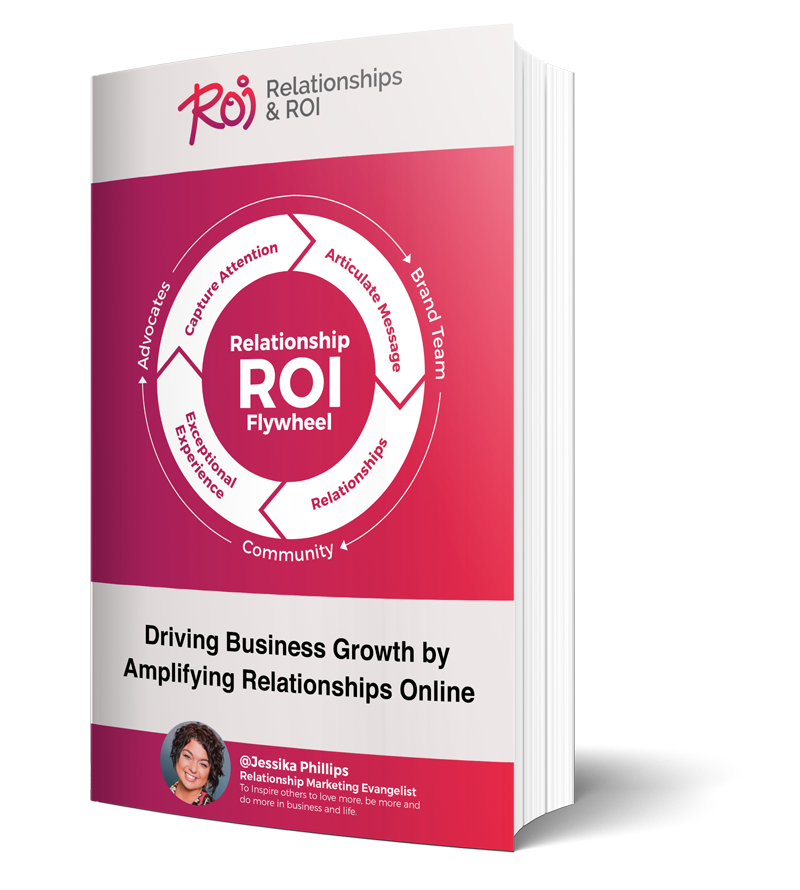(This is a follow up blog to our weekly #MagnetMarketers session with Jessika Phillips and Mike Gingerich)
Search engine optimization has changed dramatically in the last three years. We’ve found that many people may be confused with the changing rules of SEO. There is a lot of misconception about what you actually need to reach the top page of Google. So what works, and what doesn’t? Let’s dive in!
Myth number one: Local Directories
This is one of the most confusing SEO topics. There are so many local directories out there and each one of them wants you to submit your business to their list, but they want you to pay to get on all those lists. Many people say it will increase your ranking because you’re listed on lots of them. This is a big misconception.
The truth is it is important to be listed in the most important directories. You want to show up on directories, making sure they have your business's correct information. This does help you have more of a presence. But directories like Manta are more of an ad based directory. Certainly your business is featured, however, you're featured next to your competition and possible ads.
But being listed does not directly affect your SEO. It simply helps you show up. Take advantage of services like Yext or Moz Local, which list your business on the most important online directories.
Myth number two: Content doesn’t matter
Some people have begun to say that content doesn’t matter, instead, they propose that is all about the back end of the website. These components -- meta description, alt tags, and anchor text, H1 and H2 headers -- are all important. And between 2000 and 2005 those components were very relevant. But, in today’s world that alone will not get you to the front page.
The truth is content is the number one way to improve your SEO. Search engines aren’t looking for the pages and posts who are gaming the back end. They are looking for the pages and posts that are answering people’s search queries, and, most importantly, the ones that are the best, most relevant, and accurate. And Google has gotten good at reading the true meaning of content.
Take a look at these statistics from QuickSprout:
If a post is greater than 1,500 words, on average it receives 68.1% more tweets and 22.6% more Facebook likes than a post that is under 1,500 words.
and:
The average content length for a web page that ranks in the top 10 results for any keyword on Google has at least 2,000 words. The higher up you go on the search listings page, the more content each web page has.
That’s why it’s so important to have lots of valuable content on your website, content that is the most relevant and accurate. Content is still king in SEO.
Myth number three: Meta description and alt tags
We’re going to dive a little deeper into the subject of meta description and alt tags. People think you need a lot of meta tags and data on web pages. But gone are the days where it’s just about these things. They have become slightly irrelevant, mainly because of people slamming them so hard on their web pages, but without having the great content to back it up.
However, a meta description, which is kind of like your sentence listing, is still valuable. Mostly, it is a differentiator for you and the other Google results. If you have a great meta description, then people will be more likely to click on your webpage.
The truth is you need to have good SEO hygiene. Make sure your meta descriptions and other back-end components are there and that they are clean because they can be the thing that makes your page stand out. But don’t worry about having a ton, or focus just on the back end.
Myth number four: Social media doesn’t matter for your SEO
Somehow people got it into their heads that social media doesn’t play into SEO. But it’s such a myth!
The impact that social media has on your SEO is huge. Social media content, social shares, impressions, and engagement play a great deal in making your page relevant. If people are engaged on social media with a blog post you’ve written it means that it’s valuable content and that you are an authority on the topic. The truth is that social media is important for SEO.
Myth number five: Keyword stuffing
People think keyword stuffing is imperative to making their pages rank higher. People would repeat the keyword or the phrase over and over and over and over … what they were trying to do is game the system into getting themselves ranked higher. It doesn’t work anymore. Google is too smart for that.
The truth is you do need a keyword. It should appear in your article or page title, in an H1 and then reinforces it in an H2, and in the first paragraph. But don’t put it five times in the first paragraph and five in the last. You’ll be dinged for your bad keyword behavior.
Myth number six: Responsive doesn’t matter
Mobile apps or mobile ready doesn’t count! Google wants everyone to be able to have a great experience on your website, regardless of what size screen they are using.
The truth is you do need responsive design. responsive is based on the best user experience possible. It is a critical piece of great SEO, and makes sure where ever people are finding you they are able to find great content and read it clearly, optimized for their screen size.
If you missed our #MagnetMarketers session and want to hear more of the conversation, replay it here. And, join us next week on Tuesday at 4 p.m. EST on #MagnetMarketers for our discussion of social media specifics.




Comments